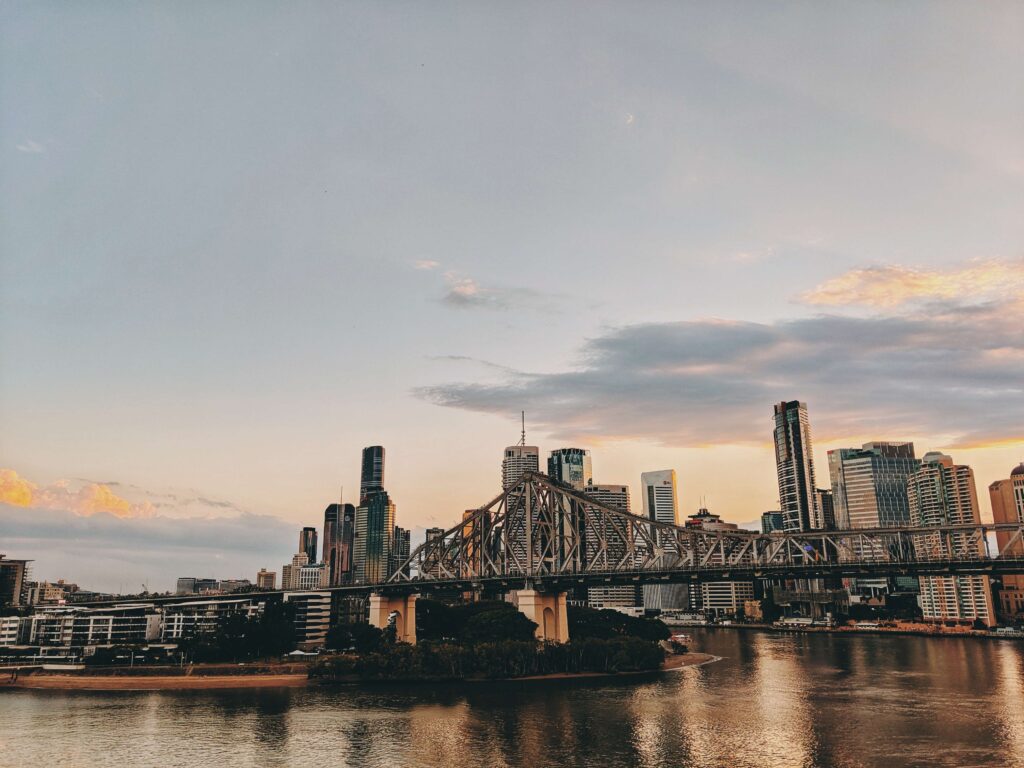A Guide to Australia

Australia is an amazing, diverse and remote nation. Its rich cultures, wildlife and laid-back lifestyle entice people from across the globe to visit and discover this magnificent continent.
Most of the land here is flat and dry, save for one mountain range running along the east coast known as the Great Dividing Range that keeps things relatively wetter and cooler than inland areas – its peaks often feature snowfall year-round!
Table of Contents
Geographically
Australia (sometimes referred to as Oceania) is a vast continent and country, situated between Indonesia, East Timor, Papua New Guinea, New Zealand and South Pacific islands in its north, a portion of Antarctica in its southeast, and with New Guinea in its southeast bordering it at its southwest corner.
The core region of Australia’s mainland boasts a Type C climate with hot, humid summers and cool to mild winters, hosting major cities such as Sydney, Melbourne and Adelaide. The Great Dividing Range runs along eastern and southern Australia’s coastline as a series of mountain ranges.
Outside the core area, most of Australia is either semi-arid or arid; however, the south and center regions contain fertile plains which support much of Australia’s population. Canberra serves as its capital city; this location also houses numerous government agencies and universities.
Culturally
Australian culture is known for its relaxed yet informal social atmosphere. A strong work ethic is prized, along with punctuality, quality, and professionalism as priorities.
Australian society is the result of many cultures coming together over centuries and reflecting Britain’s penal history and subsequent immigration waves from across Europe and Asia. Australia’s identity can be found through bush idioms, “Aussie-ized” cuisine, mateship cultures and sporting prowess – each contributing their unique touch to shaping Australia today.
Performance art is immensely popular in Australia’s major cities, hosting theatre groups that specialize in contemporary, alternative, and indigenous works as well as ballet, jazz, and rock music. Contemporary Australian literature is internationally acclaimed. Traditional Aboriginal corroboree performances offer one form of traditional theater that could be called theater today; groups like Bangarra Dance Theatre combine this form with modern performances. Religion plays a strong part in their culture; most Australians identify as Christians.
Economically
Australia is an advanced Western-style economy with a high standard of living. Its per capita GDP ranks among the highest worldwide, and Australia consistently stands out in global comparisons of national performance for factors such as education, health care, economic freedom and protection of civil liberties.
Commodity exports form the backbone of Australia’s economy and it boasts abundant natural resources – including second largest accessible reserves of iron ore, significant coal and gas deposits and highly skilled workforce with low unemployment rate. Permanent residents benefit from access to Medicare healthcare system that offers free treatments at public hospitals as well as discounted medications.
In 2022-23, the economy experienced weak growth, due to declining dwelling investment and lower household consumption – both due to inflationary pressures and increasing interest rates – while long-term prospects are positive.
Socially
Australia is a multicultural society, welcoming the wide range of cultural diversity immigrants bring with them and reflecting it in its national identity and character – be it its flora and fauna, bush identity or its uniquely Australian cuisine and sporting prowess.
Australians tend to adopt a laid-back attitude toward work and life. People typically don’t rush or overstress themselves when dealing with issues; instead they often think in terms of “She’ll be right”, meaning as long as precautions are taken everything will turn out fine.
Egalitarianism forms the cornerstone of Australia’s interpersonal values, with people holding to the belief that all should receive equal treatment regardless of background. As a result, Australia has become an egalitarian society where wealth or social status does not indicate superiority or inferiority.
Though egalitarianism is generally shared, some groups experience social exclusion. This was evidenced in the Trust Barometer 2023 where Australians placed Australia in the moderately polarised category alongside Canada; with people distrusting key societal institutions (journalists, government leaders and media representatives), and having low levels of shared identity and trust within their community.

